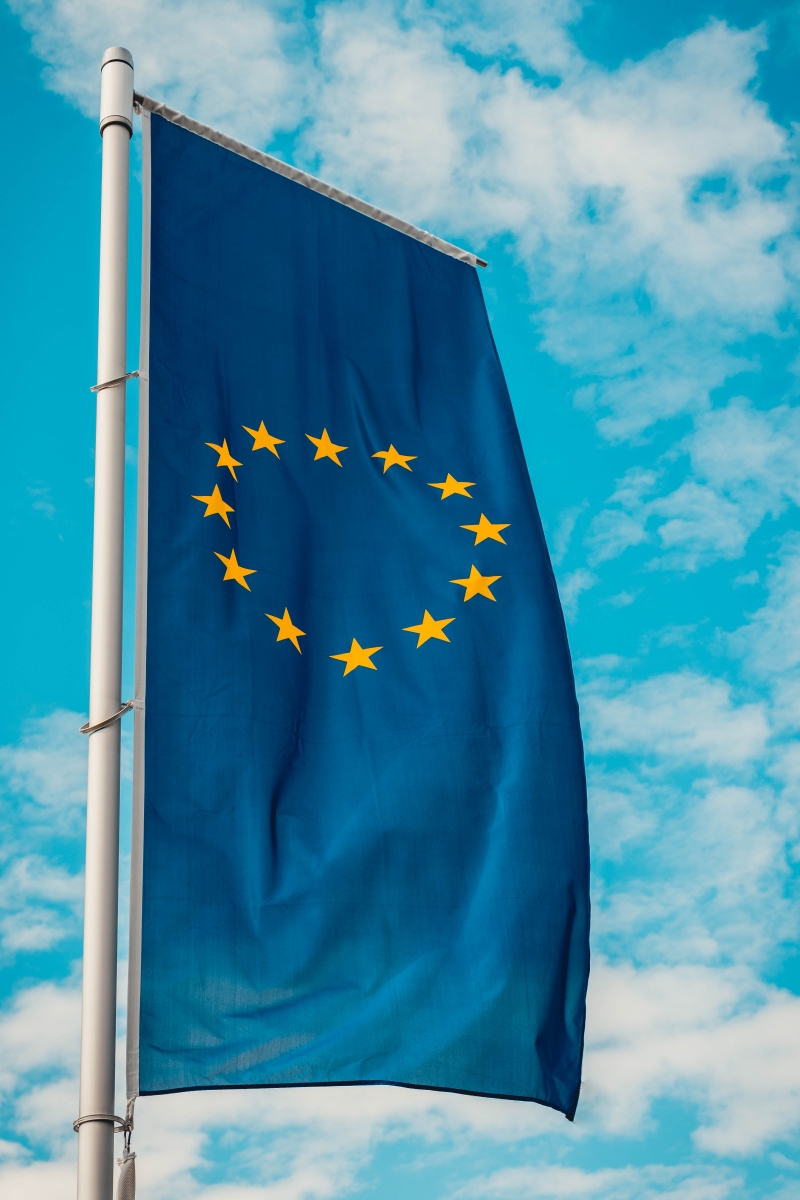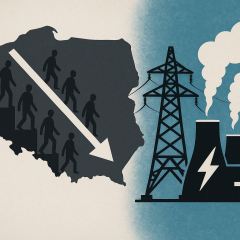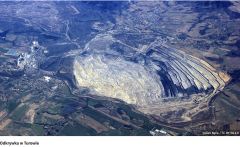The Turów lignite mine expansion case is under discussion in the European Commission again. Polish state-owned coal company PGE is pressing ahead with the expansion of its Turów lignite mine on the border with Czechia and Germany, threatening human health, groundwater, agriculture and our shared climate.
Poland is the one of the countries in the European Union that systematically fail to comply with the Water Framework Directive. The Polish government claims that investments in coal are part of the principle of sustainable development and are an example of a balanced form of human activity and constitute public interest. Where fossil fuel investments are made, derogation becomes a new standard.
Bas Eickhout, an experienced member of the European Parliament and one of the leaders of Group of Greens/European Free Alliance was also concerned about the impacts of the expansion of Turów mine in Poland on water and the goals of the Water Framework Directive and submitted a parliamentary question to the EC:
‘According to the Environmental Impact Assessment (EIA) of the proposed expansion of Turów mine in southwest Poland, which is expected to be in operation until 2044, the project will have serious consequences for the water balance and subterranean groundwater in the border regions of Poland, Czechia and Germany.
The project has not been granted an exemption under Article 4(7) of the Water Framework Directive (WFD) and it is not mentioned in the corresponding International River Basin Management Plan (IRBMP) for the River Oder. There is no information regarding any plan to apply for an exemption.
- Will the authorisation of the project under the EIA procedure be compatible with the environmental objectives of the WFD if the project is not granted an exemption under Article 4(7)?
- With regard to the procedural aspects and the transboundary context, how would a potential exemption under Article 4(7) of the WFD be assessed and granted and which parties would decide whether all of the conditions laid down in Article 4(7) have been met?
- Could the planned expansion of the open-pit mine be authorised if the exemption is not included in the corresponding IRBMP? If so, under what conditions?’
The answer provided by Virginijus Sinkevičius, the new European Comissioner on behalf of the European Commission:
‘The Commission recalls that it is the primary responsibility of the Member States to implement EC law and ensure that environmental objectives are met, including those of the Water Framework Directive (WFD)(1). Member States have to assess, authorise and carry out projects in line with EC law, including Article 4(7) of the WFD. The latter may be coordinated with but may also apply irrespective of an environmental impact assessment (EIA) procedure.
Depending on its impacts on related water bodies, the mining activity may be covered by Article 4(7). It is for the competent national authorities to assess potential deterioration and compliance with the conditions set out in this provision. If a project would result in deterioration of the physico-chemical status of a related surface water body below good, or in deterioration of the chemical status, it could not be justified. This procedure would also imply, as appropriate, an assessment of the transboundary context, in accordance with Articles 3(3) and 4(8) of the WFD.
Article 4(7) also obliges Member States to set out the reasons, including the justification of the new project, in their six yearly River Basin Management Plans (RBMP)(2). This does not mean however that Member States must wait until the publication of the RBMP before allowing a new project under Article 4(7). Projects may be developed between the six year RBMP cycles and will in such case have to be included in the subsequent RBMPs.
The Commission is competent to verify the proper transposition and implementation of EU law by the Member States. The Commission recalls that it has initiated an infringement procedure on the incorrect application of the WFD by Poland.’
SOURCE: http://www.europarl.europa.eu/doceo/document/P-9-2019-003440_EN.html; https://www.europarl.europa.eu/doceo/document/P-9-2019-003440-ASW_EN.html








